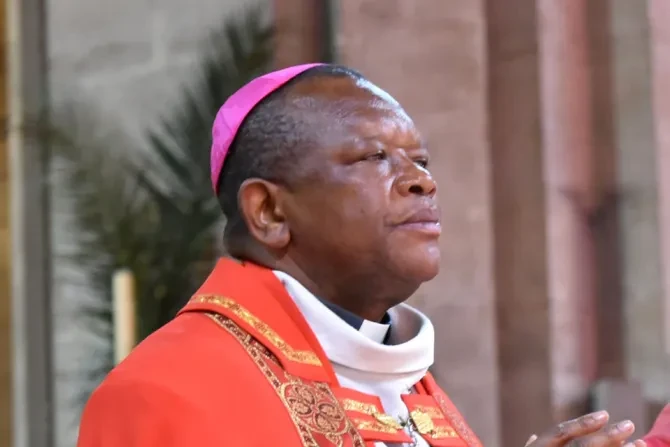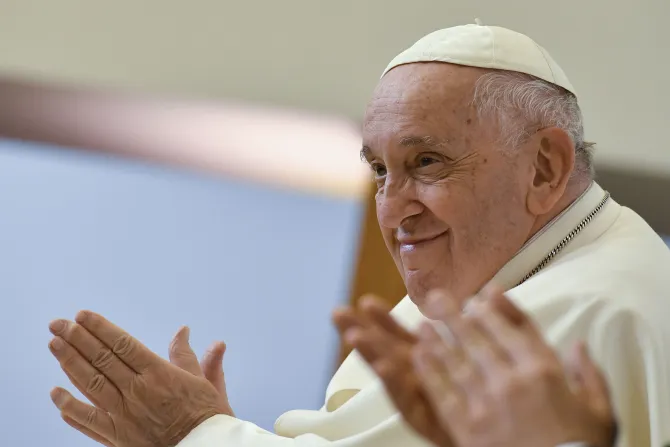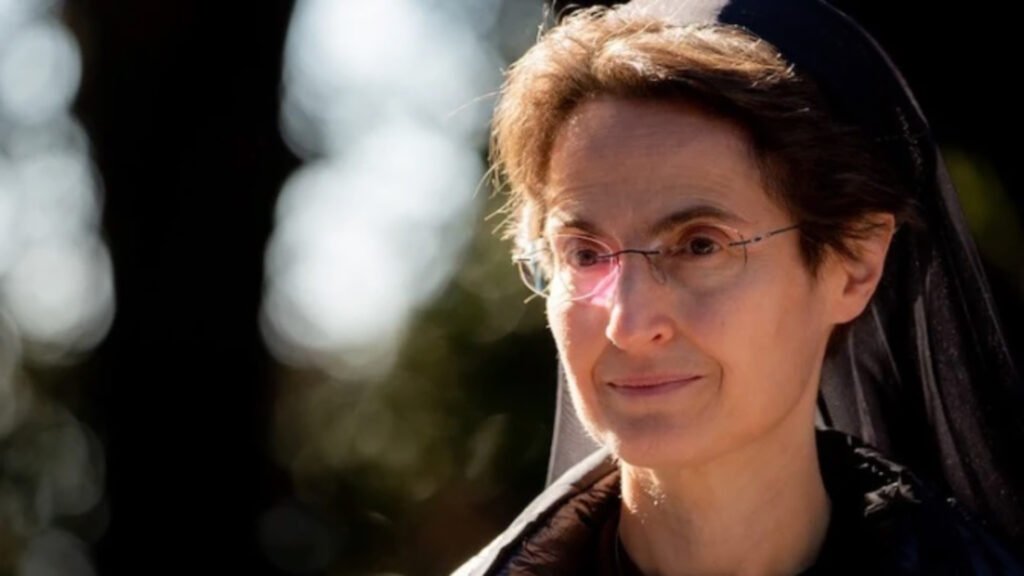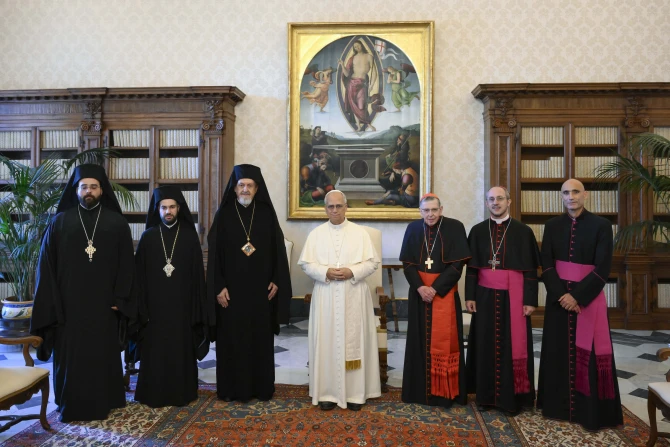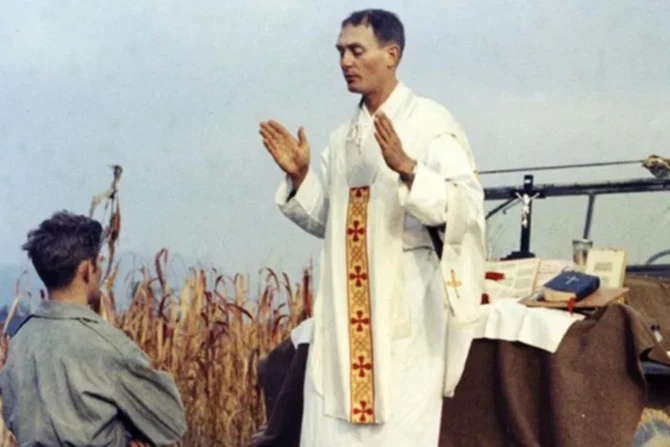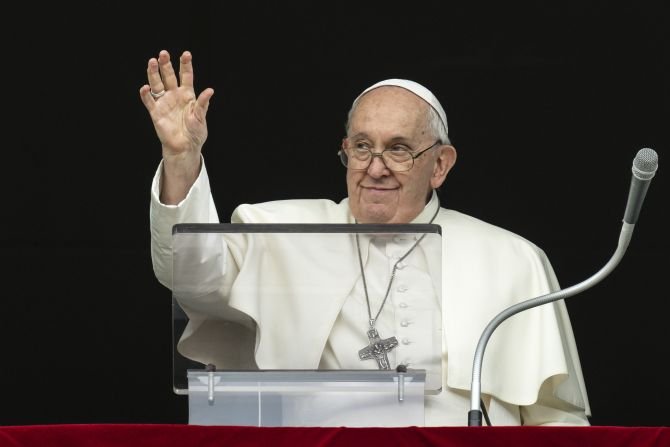Cardinal Mauro Piacenza, Major Penitentiary of the Apostolic Penitentiary, wrote a letter addressed to confessors inviting them to “exercise in a particularly generous way the ministry of reconciliation” this Christmas.
In the missive, published by the Vatican newspaper, the Cardinal asked “that there be timetables and lights on in that ‘hut of Bethlehem’ which is the confessional”.
He also described the confessional as the “only true distributor of peace and holy joy” and assured that it is a “fuel” that all the faithful need.
He then pointed out that this light of the Sacrament of Reconciliation “still has the power to challenge people, to make them face the meaning of life, the mysterious gift that is life”.
Before the arrival of Christmas, he recalled that God appeared before us “as a helpless newborn child, capable of overcoming every fear, of overcoming every defense against God-Love, who reveals Himself in Him”.
Cardinal Piacenza appealed to confessors and asked them to “exercise in a particularly generous way the ministry of reconciliation” during Christmas.
“With the certainty that, through it, that encounter with God, personal and ecclesial, which the heart of every man longs for, is re-enacted.”
As the Cardinal explained, “penitentiaries are called to demonstrate, always and anew, that the power to forgive sins came down to earth in Jesus of Nazareth”
“And that He Himself transmitted this saving power to His Church, to the Apostles and their successors, so that men could truly experience divine mercy,” he added.
Later, the Major Penitentiary lamented that many times, confessors encounter confreres who do not have a “fully mature” faith and often confession is not preceded “by an adequate examination of conscience.”
Faced with this situation, the Cardinal explained that “the good doctor is not the one who knows how to cure the small pathologies of the healthy patient, but the one who has the courage to face even major interventions in multi-pathological patients”.
For this reason, he said that the good confessor is also called to face these spiritual challenges, which range “from uncertainty about the very existence of God, which does not prevent one from entering the confessional.”
“To disorientation about the specificity of Christianity with respect to any other religious or cultural tradition,” he noted.
He also cited the difficulty of many brethren “to trust the Church, at this time cruelly wounded and humiliated by the public faults of some of its members.”
As well as the “lack of understanding of the action of Christ himself, risen and alive, in the sacramental action of his Mystical Body” or “the most radical subjectivism”.
However,” the Major Penitentiary pointed out, “many confreres continue to approach the Sacrament of Reconciliation, especially during this important time of Advent and Christmas, because of an attraction that has the power of the Holy Spirit as its only reason.
To confess the faithful well
He further explained that the time of confession should be “wisely used not to feed doubts or confirm the malaise and disorientation of our time, but to give luminous certainties, the first of which must be the merciful presence of the Lord in the life of each one.”
“In fact, it is not the list of rules to follow, however necessary and legitimate, that has the power to convert, but the charm of a clear, positive, luminous and coherent, convinced and convincing proposal,” he said later.
Moreover, he encouraged confessors to make each confession a pulsating encounter with Jesus, a ‘spark’ that ignites, rekindles the flame of faith and thus warms the heart.”
He also stressed that “if the general decrease in the number of priests represents an objective difficulty, let their formation be at least careful and precise; let them be at least zealous in the essentials.”
Finally, Cardinal Mauro Piacenza called for “fervent pastoral work and holy weariness, preparatory to an authentic Christmas.”
“Lived fully in the certainty of duty fulfilled and of having obeyed, all together, the will of God, the only ‘place’ where the human heart finds true peace,” he concluded.
This article was originally published by ACI Prensa


